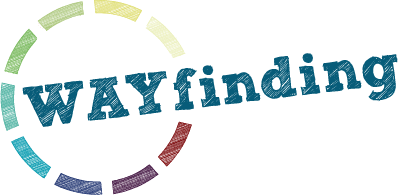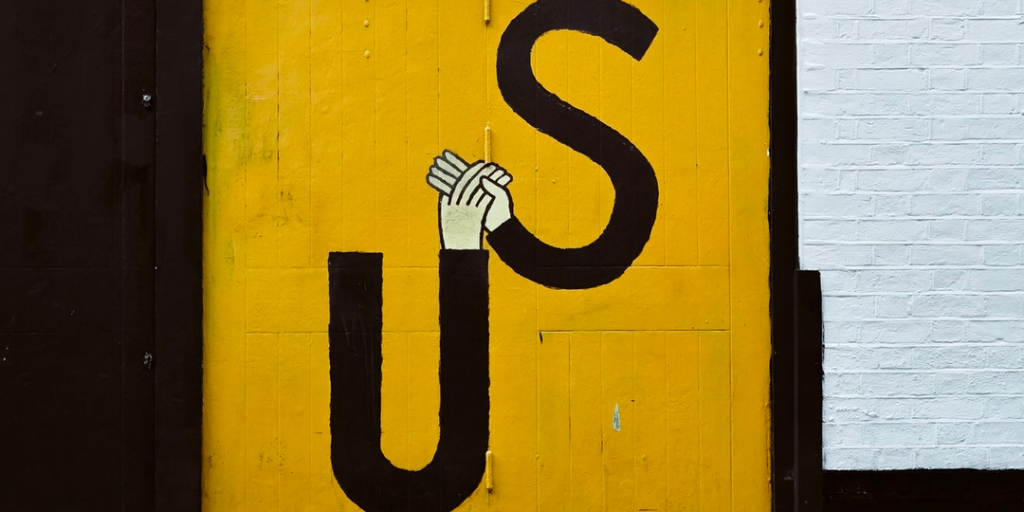| ANNE WILLIAMSON |
I had been in seminary a year when I found myself in an hotel room, alone, and feeling incredibly sad. It was the start of vacation, no papers were due, nothing to distract. So, I had to listen, listen to a truth I'd been pushing down for months: my beliefs about God did not make sense to me anymore. There, I'd said it. And the truth kept rolling: maybe they had always not made sense to me. Maybe this is why I went to seminary.
It felt like a kind of death. The God I knew was no more. And, I was sad. Sad and worried: what would become of my faith? A grief, and its process, that I realized then had already begun months earlier, swept over me. I let myself cry.
I also remember, though, experiencing a kind of lightening of the air around me. I think now I'd call it hope. I hoped in that moment there would be another way to imagine God. I chose to continue trusting the spirit-filled reality I knew, even though I now no longer had words to explain it.
In the years that followed, words came. I was introduced to new images, metaphors, ideas, theologies. They made sense to me. I found God again without abandoning myself.
Interestingly, translating these new images into my daily, personal relationship with God was much harder. Intellectually things made sense but my ability to be present with God suffered. I could think and talk about God all day long, but ask me to practice the presence of God, to pray, and nothing. I would sit there like a novice trying desperately to repeat a necessary technique she'd only ever lucked into the first time.
The problem, of course, was my understanding of prayer hadn't yet caught up to my new ideas about God. What was prayer to look like now? How should I begin? Do I still say "Dear God"? Or, "Dear Sacred Spirit, Energy, the One Who is Both Us and Greater Than Us"? Doesn't exactly roll off the tongue. How did prayer work now? Does God still intervene? Does prayer work at all?
These are the questions we'll be wondering about together in group this week. Consider adding your voice. If not, read on and LEARN : LISTEN : LOVE.
Read More

